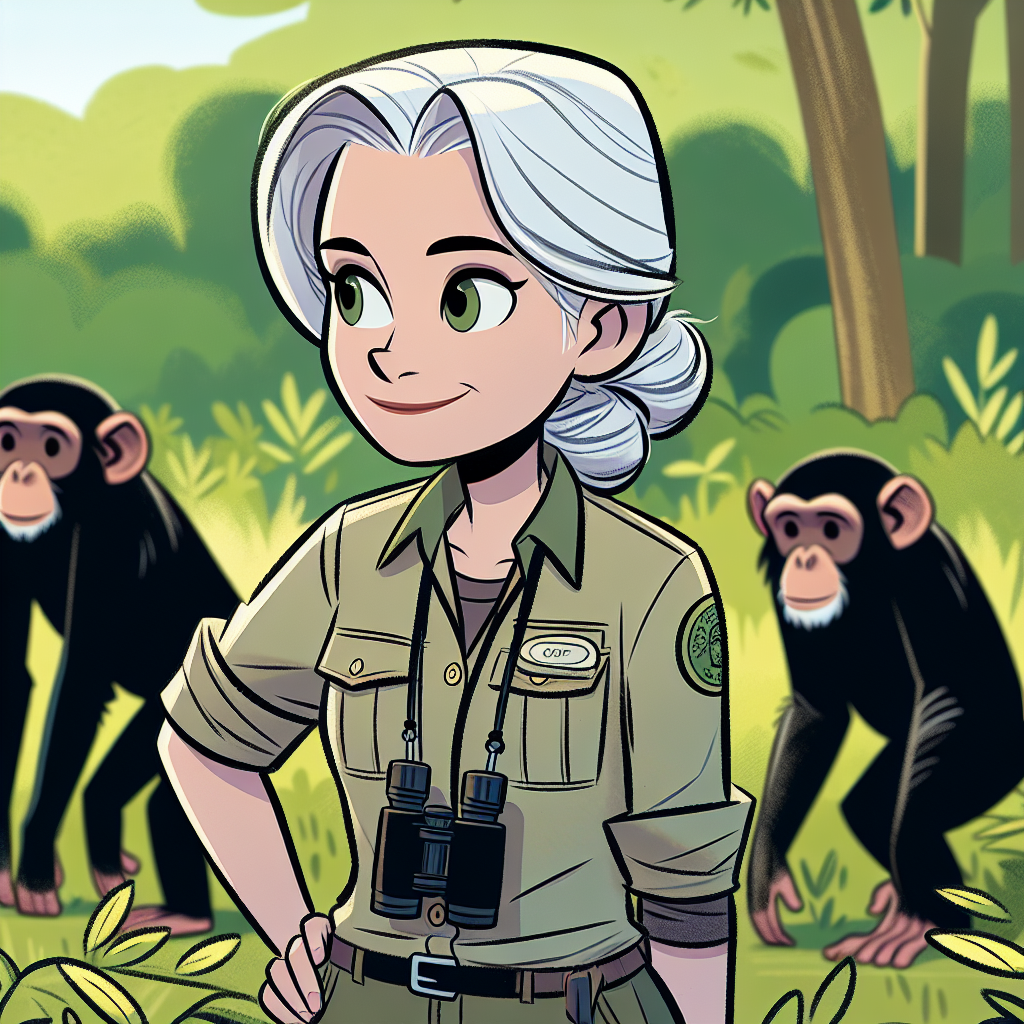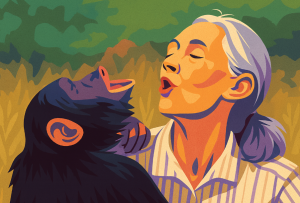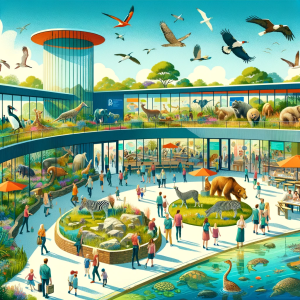
How Jane Goodall Revolutionized Conservation and Science
Jane Goodall, a name synonymous with chimpanzee research and conservation, passed away recently at the age of 91.
Her groundbreaking observations of chimpanzees in Gombe Stream National Park redefined the boundaries between humans and animals, challenging preconceived notions about tool use and animal emotions.
A Lifetime Dedicated to Science and Conservation
When Goodall first arrived at Gombe National Park in 1960, she set out to achieve what no one had done before: observe and document chimpanzee behavior in their natural habitat. Over the years, her studies revealed remarkable insights into social structures, parenting, and tool use, leading to a broader understanding of primate intelligence and emotions.
Perhaps one of the most famous discoveries was her observation that chimpanzees could create and use tools to extract termites from their mounds. This finding shattered the widely held belief that tool-making was a uniquely human trait, opening new pathways in the study of animal behavior.
The Jane Goodall Institute: A Legacy of Advocacy
Founded in 1977, the Jane Goodall Institute continues her work, focusing on the conservation and well-being of wild chimpanzees. The Institute integrates cutting-edge technology with community-centered conservation approaches, emphasizing the importance of local partnerships and sustainable development [source].
Goodall’s advocacy has extended beyond research, impacting global policies on sustainable development and environmental conservation. Her efforts have inspired countless individuals around the world to take a stand for the planet.
Educational Contributions and Inspirational Impact
Goodall’s influence stretches far beyond direct conservation efforts. Through her Roots & Shoots program, she has empowered young people to become active participants in shaping a more sustainable world. This initiative has given rise to a generation of environmentally conscious individuals, ready to tackle the challenges of wildlife protection and habitat conservation.
A Lasting Scientific Legacy
Jane Goodall’s contributions to science are vast, but one of her most striking legacies is her ethical approach to research. She set new standards for Conservation and encouraged a more harmonious relationship with nature. Her work has not only expanded our understanding of primates but has also paved the way for more ethical and inclusive environmental policies and practices worldwide.
Conclusion
Jane Goodall’s visionary leadership in conservation and science education continues to resonate globally. Her life’s work embodies the power of compassion, communication, and dedication to a cause. In celebrating her contributions, we are reminded that each of us holds the potential to inspire change and protect the natural world for future generations.



